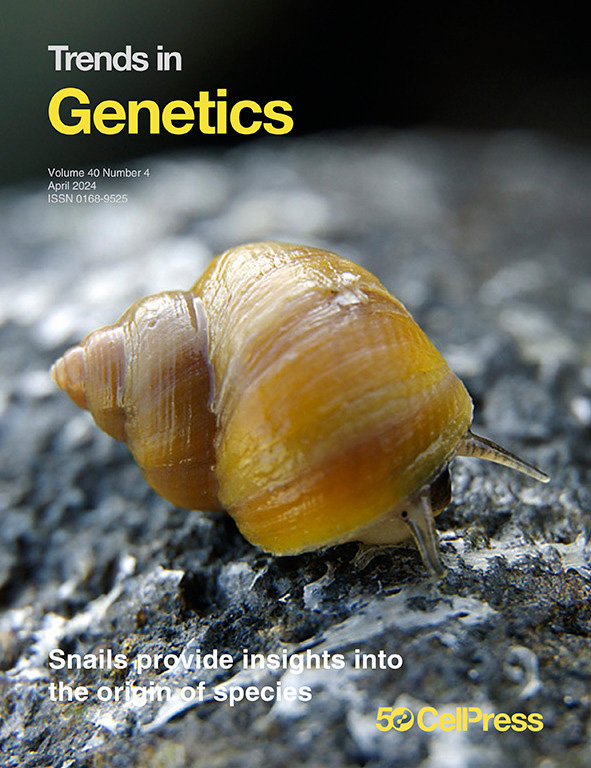Recent advances in tef research unveiled by BOOSTER project partners
Collaborators from the BOOSTER project, led by Bern University, have published a groundbreaking review in Trends in Genetics titled “The role of omics in improving the orphan crop tef“. The review highlights the application of advanced omics tools in unlocking the potential of tef, an indigenous cereal crop of the Horn of Africa.
Tef, also known as teff (Eragrostis tef), has long been considered an orphan crop, overlooked by the global scientific community. However, recent initiatives, such as the BOOSTER project, have focused on leveraging advanced omics tools to explore the untapped potential of this resilient cereal crop.
The review discusses how chromosome-scale genome assembly has provided valuable insights into the evolution of tef. By sequencing the genomes of drought-resurrecting Eragrostis nindensis and desiccation-sensitive Eragrostis curvula, researchers have identified key genes involved in drought responses, paving the way for improved resilience in tef varieties.
Moreover, studies utilizing omics tools have revealed differentially expressed genes, proteins, and metabolites in tef plants exposed to drought, offering new avenues for enhancing drought tolerance in this vital cereal crop.
Molecular marker analyses have also contributed to deciphering the diversity present in tef germplasm collected from diverse agroecologies in Ethiopia, providing valuable resources for breeding programs aimed at improving productivity and resilience.
Furthermore, the application of innovative techniques such as targeting induced local lesions in genomes and genome editing has led to the development of mutant tef lines with desirable traits, including semidwarf stature and lodging tolerance, contributing to the development of high-yielding tef varieties.
Through the application of advanced omics tools and techniques, tef is emerging from its status as an orphan crop to become a focal point of international research, offering promising prospects for food security and agricultural sustainability in the Horn of Africa and beyond.

